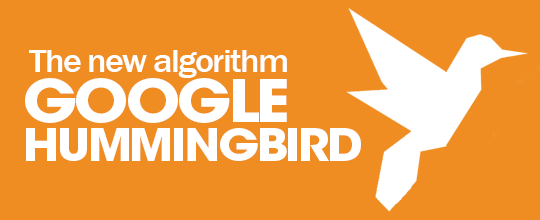
This latest news comes hot on the heels of Google’s announcement that in future, all searches will be secure and as such, keyword data will no longer be available in Google Analytics. Not only this, but many website owners have spent the last few months dealing with the effects of the major Penguin refresh which hit earlier this year and had far reaching effects, making ‘bad’ SEO not just unsuccessful, but ensuring guilty websites were actively penalised.
Hummingbird aims to deliver results which are precise and fast
Whilst specifics are still somewhat patchy, Google has confirmed that Hummingbird focuses on ranking information based on more intelligent and naturalistic search requests. In short, Google is getting smarter and is now better able to understand the relationships and relevance of words and phrases, instead of just considering a bunch of individual words.
Google Hummingbird At A Glance
- Many of the existing rules and weightings still apply, so don’t stop doing what you are doing if your activities are based on Penguin pleasing, sustainable and ethical content focused techniques
- A sizeable 90% of all searches are likely to be affected by Hummingbird though the full extent and reach of its effects is currently unknown
- Known as Semantic search, more naturalistic or ‘conversational’ search terms (which tend to be long-tail in their nature) are now more important than ever
- Google still wants to return the most relevant, accurate and useful search results to its users, Hummingbird provides a more sophisticated means for Google to deliver this
- There is now less emphasis on individual keywords and more emphasis on their collective (semantic) meaning
- PageRank remains an active ranking signal and Google claims that there is nothing massively different that SEOs need to be doing or worrying about
Summary
If you’ve not noticed any significant changes in the last month, then it looks like you’ve escaped unscathed. Some of the effects we’ve seen have been small however and could easily be missed, including small losses in Domain Authority and drops down SERPs for some previously highly ranking content, while other, less obvious content has risen up.
For some time now, the emphasis has been upon providing useful, high quality content on websites and blogs and upon optimising content towards long tail keywords. This simply means that future SEO activities will be more focused on longer, semantic search terms. In real terms, for those who have already adapted their content marketing and SEO following the Penguin update earlier this year, very little is likely to change.
Source – [SocialMediaToday]
